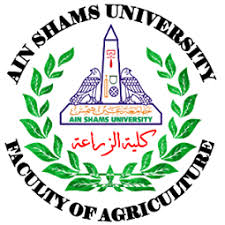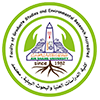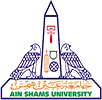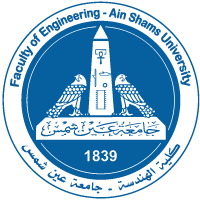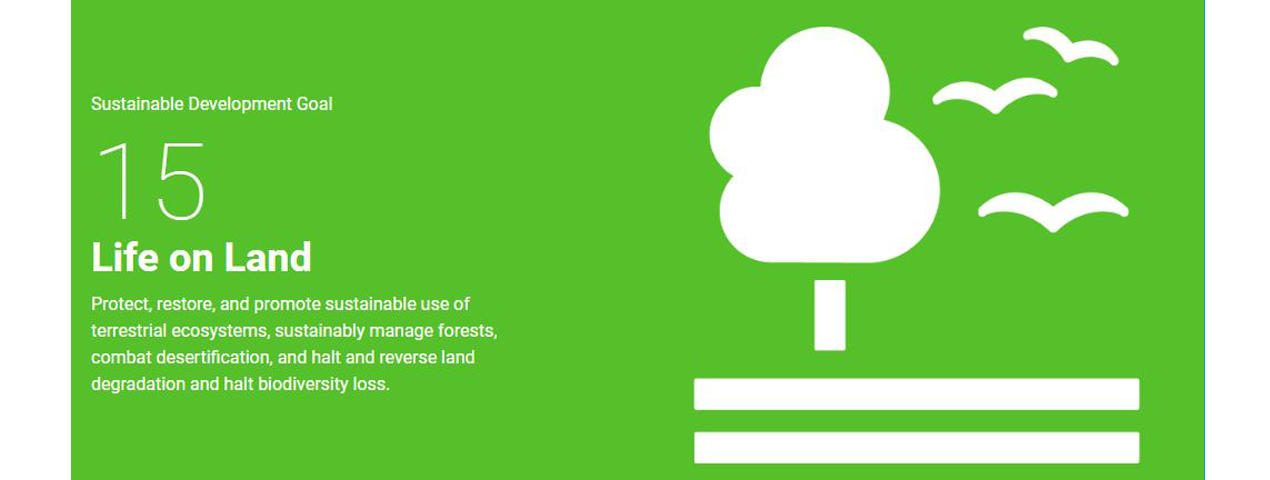
SDG 15 is to: "Protect, restore and promote sustainable use of terrestrial ecosystems, sustainably manage forests, combat desertification, and halt and reverse land degradation and halt biodiversity loss". The proportion of forest area fell, from 31.9 per cent of total land area in 2000 to 31.2 per cent in 2020, representing a net loss of nearly 100 million ha of the world's forests. This was due to decreasing forest area decreased in Latin America, sub-Saharan Africa and South-Eastern Asia, driven by deforestation for agriculture. Desertification affects as much as one-sixth of the world's population, 70% of all drylands, and one-quarter of the total land area of the world. It also leads to spreading poverty and the degradation of billion hectares of cropland. A report in 2020 stated that globally, the species extinction risk has worsened by about 10 per cent over the past three decades.
The nine "outcome targets" include: Conserve and restore terrestrial and freshwater ecosystems; end deforestation and restore degraded forests; end desertification and restore degraded land; ensure conservation of mountain ecosystems, protect biodiversity and natural habitats; protect access to genetic resources and fair sharing of the benefits; eliminate poaching and trafficking of protected species; prevent invasive alien species on land and in water ecosystems; and integrate ecosystem and biodiversity in governmental planning. The three "means of achieving targets" include: Increase financial resources to conserve and sustainably use ecosystem and biodiversity; finance and incentivize sustainable forest management; combat global poaching and trafficking.
Humans depend on earth and the oceans to live. This goal aims at securing sustainable livelihoods that will be enjoyed for generations to come. The human diet is composed 80% of plant life, which makes agriculture a prime economic resource. Forests cover 30 percent of the Earth's surface, provide vital habitats for millions of species, and important sources for clean air and water, as well as being crucial for combating climate change.
Ain Shams University
Policy on ethical sourcing of food and supplies
Introduction
Ain Shams University vision
Sustainability is a basic value at Ain Shams University. One key driver of Ain Shams University’s Supplier Code of Conduct is to ensure that our suppliers understand and are aligned with our sustainability values. We encourage our suppliers to continuously work to implement sustainable development principles like the ones in our Supplier Code in their own operations and in their supply chain.
At Ain Shams University, environmental commitment is a fundamental part of our business philosophy. The University recognizes that the protection of human health and the environment is a sound business
The Sustainable Food Policy has been developed by the University catering team. The policy reflects the principles of the University’s Purchasing strategy, sustainability goals, Providing healthy, seasonal, local and responsibly sourced food for staff, students and visitors is critical to the University’s drive to maintain its status The University’s supplying services and products need to reflect its core values and provide opportunities into the wider institutional culture and practice, supporting positive experiences of living, working and learning at the University for students, staff, partners and visitors.
Sourcing
- Promote a procurement attitude of buying locally to support producers.
- Ensure that sustainability standards are included in specifications to providers and used in the award of all contracts.
- Priorities to products and services that can be manufactured, used and disposed of in an environmental and socially responsible way.
Environment
- Use only fresh, locally sourced eggs, meat, milk in all food preparation meals.
- provide free access to drinking water inside the university to students and visitors, use water bottles can be refilled.
- Provide a broad range of produce from sustainable resources for students and on hospitality menus.
- food packaging for items prepared on site is biodegradable, compostable or recyclable.
- work closely with suppliers to further our sustainable food agenda.
- food waste is collected for anaerobic digestion by waste treatment units belongs to the university
practice that conserves resources and safeguards employees, customers, the general public and the environment.


.svg)


